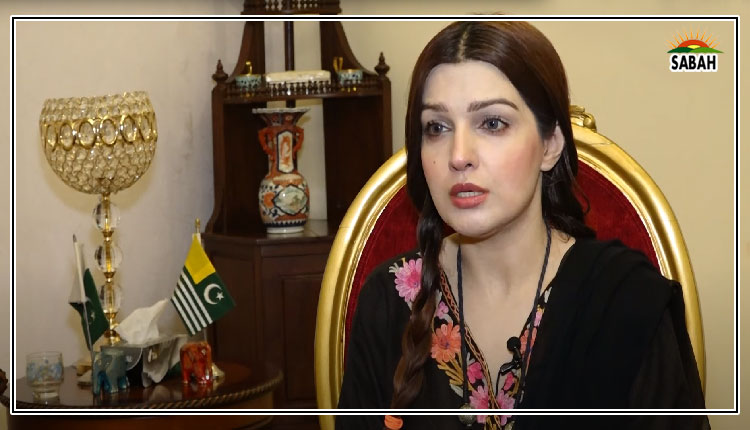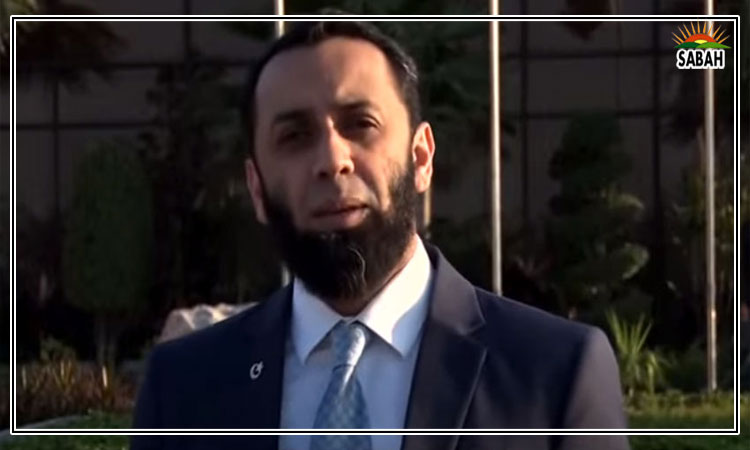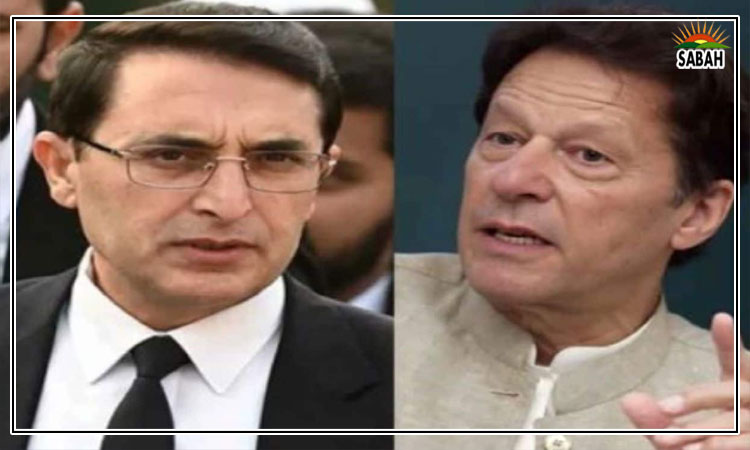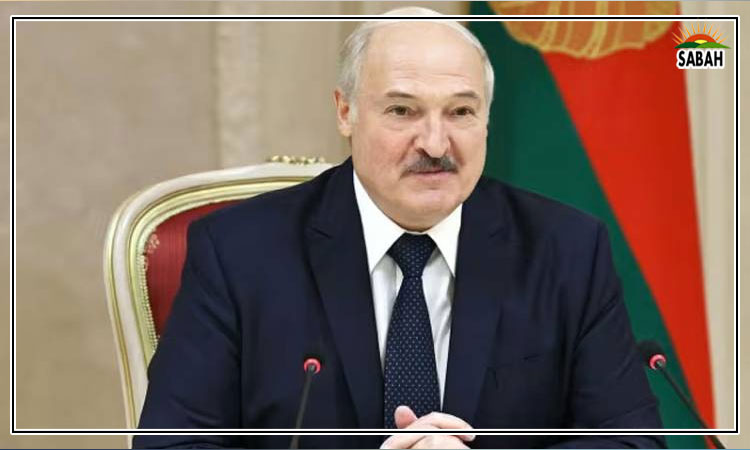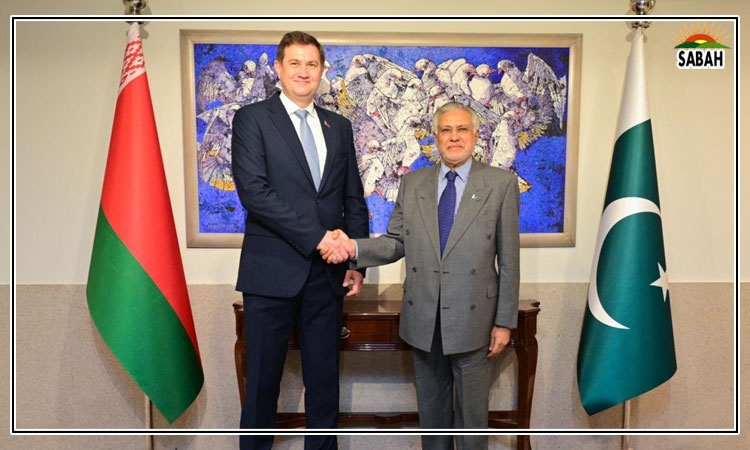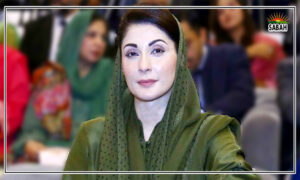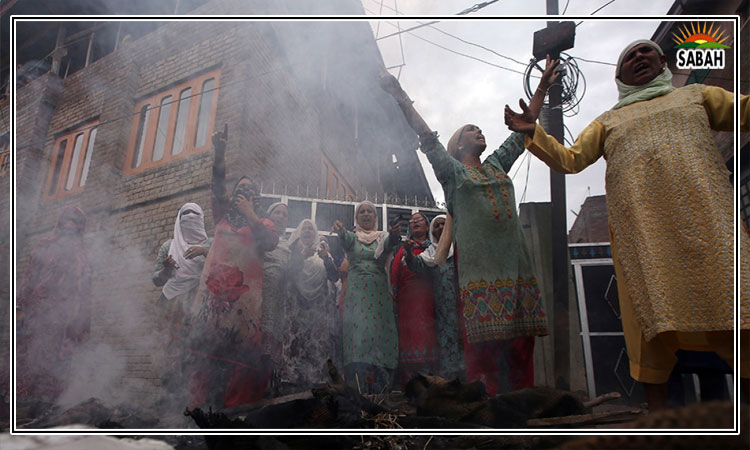From hero to zero…Arifa Noor
AS we obsess about the economy and the past mistakes which led to the economic crisis, the saga of Reko Diq comes up frequently. The story is brought up again and again, and among the lessons we are told to learn is the overreach of the judiciary. But then, the judiciary and its past mistakes are a pet theme, these days. Its the new black so to speak, in our politics.
In order to learn from the past, it is important to remember more than just the events themselves. However, we find it convenient to do the exact opposite. This is just as true of the Reko Diq story and the role played by the judiciary. To do so, is perhaps to miss the wood for the trees.
In fact, there is another way to view the Reko Diq story a perspective in which the Reko Diq agreement became part of the larger story of Pervez Musharrafs rise and fall. It was a story in which Musharraf was first welcomed when he took over the country, but then, over the years, his popularity and acceptability waned, leading to a political crisis.
Pakistan frequently ends up with dictators, but in comparison to many other countries where men on horseback gallop in as saviours and then never dismount, we tire of our uniformed saviours rather quickly. Elsewhere, there are examples of similar leaders having ruled for decades at a stretch. The problem is and this is universally true that the men on horseback, once they make a grand entrance, dont have an exit plan, especially because they dont believe in quiet retirement. So it was with Musharraf.
The infighting is so great that it infects everything around it.
As a result, a little help is offered, invisibly, and Musharraf was no exception. Pakistan was in turmoil for a good two years to convince him to make up his mind. If it began with the reversal of the Steel Mills privatisation, it gathered steam with the judiciary movement and then the siege of Lal Masjid. Each such event rocked the entire country and weakened the man in charge. Terrorist attacks picked up pace till Benazir Bhutto was assassinated; and eventually, Musharraf got the message and went home.
But in this period, Musharraf was not just weakened but also delegitimised. And everything and everyone in his vicinity was tarnished, including the politicians. For instance, it was during those days that people such as Sher Afgan and Ahmed Reza Kasuri were attacked in public. And when Asif Ali Zardari called the PML-Q, the Qatil League, few felt it was perhaps unnecessary. To demonise all that was Musharraf was the flavour of those heady days.
It was within this larger context, which continued even after elections were held, that news began to trickle out about the big, bad Reko Diq deal which was then overturned (as had been the Steel Mills privatisation). Even the Musharraf-era Gwadar Port deal was put aside.
That there was a price to be paid for all this became evident years later, when Reko Diq ended up in international arbitration. Even the cost of not privatising the Steel Mills back in 2006, as planned, has now become evident to many who highlight the large sums the government continues to sink into this black hole year after year. Hindsight, as the clich goes, is 20-20.
The point of narrating all this is not simply to impress upon the reader how long I have been rattling on for, watching Pakistani politics from the sidelines, but to point out that when we bemoan our inability to ensure consistency of policy, it is linked to our failure to have a consensus on a political system and the rules for allowing leaders to exit. And while this is true of the men on horseback, it is also true for our political leaders.
The former may have no exit plan but even those who are elected are then shunted out through a process which is anything but an election. And once again, this process includes instability and demonisation.
The infighting as the country tumbles from regime to regime and from set-up to set-up, and the accompanying polarisation, is so great that it infects everything around it. The LNG deal by the PML-N was a case in point during the transition in 2018 as was the PDMs treatment of the Sehat Insaaf card.
Policies are not shaped or abandoned because of a serious analysis of their costs and benefits but because of the larger political crisis of building up one side and demonising the other. Since the peoples choices have to be shaped and moulded, demonisation and glorification have become an essential part of the process; worse still, the men and women are moved from hero to zero to hero again rather quickly.
And until this comes to an end, the notion that a charter of economy can fix the larger economic problem is an idea that is bound to fail.
This has now become particularly problematic because our systemic swings from demonising one group and helping another to then pulling a switcheroo are now becoming shorter. And along with this, demonisation is now requiring a bigger and bigger effort. This time around, the efforts to dismantle PTI have required a level of effort and repression far greater than what was employed when the PML-N had to be pushed back 2017 onwards. This also raises fears about what the reaction will be like once the current policies are reversed.
This perhaps is the reason for my scepticism about the steps taken by the caretaker government. The issue is not about whether or not the policies are right but the manner in which they are being put in place and by whom. Their continuity might be sacrificed once again at the altar of political expediency, once the swing is set in the opposite direction.
For nothing suggests any change in our inability to agree on transitions political and institutional. And this is the primary issue Pakistan has to address but continues to ignore.
Courtesy Dawn


